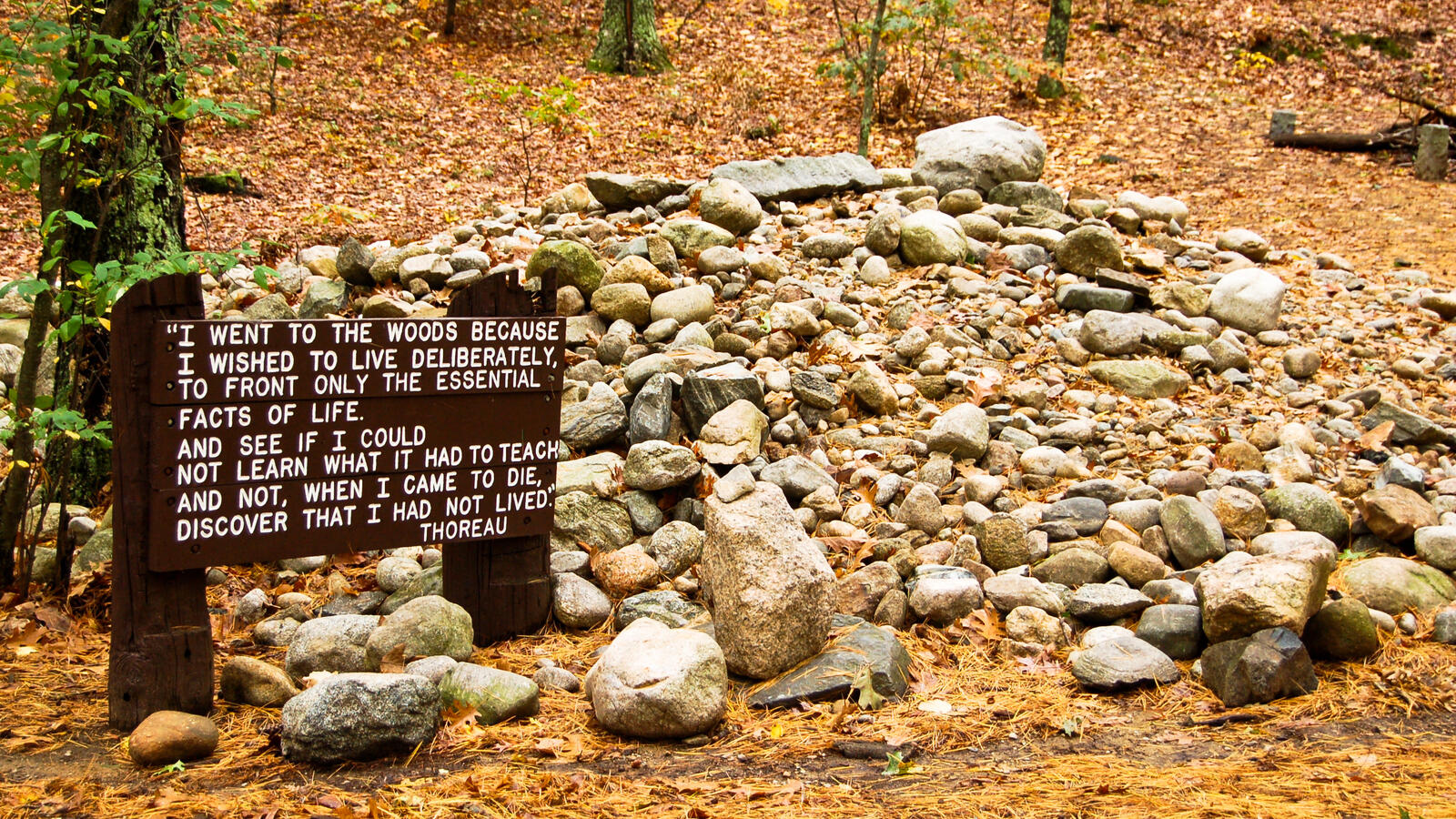Do you relish the idea of in-depth study with dynamic and enlightening faculty? Have you ever wanted to take advantage of the many resources on Yale`s campus that you haven`t had time to explore? This summer, you’re invited to an immersive and all-inclusive on-campus experience designed to give you insider access to the university’s unique treasures with dedicated professors as your partners in exploration.
This course, co-sponsored by Yale’s Humanities Program and led by Director of Undergraduate Studies and Lecturer Paul Grimstad, will explore the moral, philosophical, religious, and literary revolution that has come to be known as New England Transcendentalism, with a focus on two of its most representative figures, Ralph Waldo Emerson and Henry David Thoreau.
Through our comprehensive readings of their literary legacies, we will raise philosophical, practical and critical questions such as: What exactly did Emerson mean by “self-reliance”? What did Thoreau mean by “civil disobedience”? What were the social reforms proposed by various aspects of transcendentalist thought and writing? What does "transcendental" really mean in the 19th century historical context, and in our own times?




